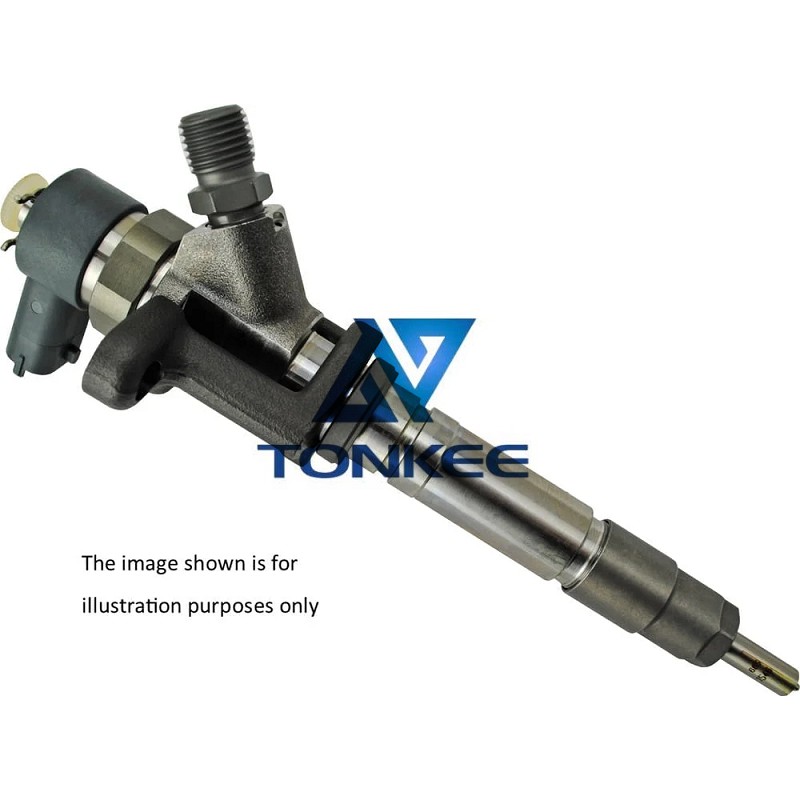
This injector is designed to work within a common rail fuel injection system.
In a common rail system, fuel is stored at high pressure in a common rail, and the injector delivers precise amounts of fuel to each cylinder at the right moment. This results in improved engine performance and fuel efficiency.
Fuel Delivery Precision:
One of the standout features of the Bosch 0 445 110 287 is its exceptional precision in delivering fuel. It can precisely control the amount of fuel injected into the combustion chamber, ensuring optimal combustion and engine efficiency. This precision is vital for reducing emissions and achieving better fuel economy.
High Pressure Capability:
This injector can handle high fuel pressures, which is essential in common rail systems. It operates efficiently under the elevated pressure levels required for modern diesel engines, ensuring consistent and accurate fuel delivery.
Durability and Longevity:
Bosch is known for manufacturing high-quality automotive components, and this injector is no exception. It is built to withstand the rigors of everyday use, making it a reliable and durable component for diesel engines.
The injector features a well-designed nozzle that ensures proper atomization of fuel.
Atomization is the process of breaking the fuel into tiny droplets, which is critical for efficient combustion. The design of the nozzle contributes to reduced emissions and improved engine performance.
The injector's operation is based on solenoid actuation. A solenoid is an electromagnetic coil that, when energized, moves the injector's needle valve to allow fuel to be injected. This electronic control allows for precise fuel delivery and timing, enhancing overall engine performance.
Compatibility with Diesel Fuel Types:
The Bosch 0 445 110 287 Common Rail Diesel Injector is compatible with a variety of diesel fuel types, including standard diesel, biodiesel, and low-sulfur diesel. This flexibility makes it suitable for use in regions with varying fuel quality.
Reduced Emissions:
The injector's precision and atomization capabilities contribute to lower emissions, which is critical for meeting increasingly stringent environmental regulations. It helps engines produce fewer harmful pollutants, contributing to a cleaner environment.



 English
English Русский язык
Русский язык



